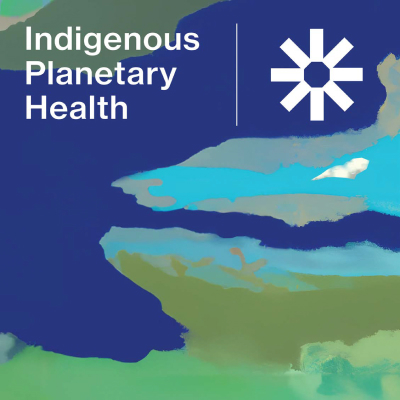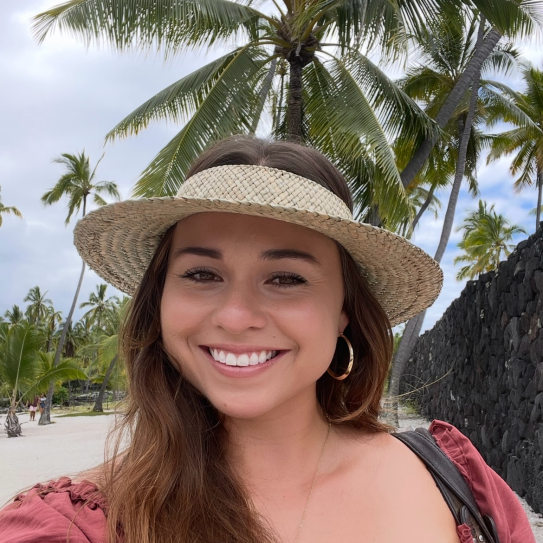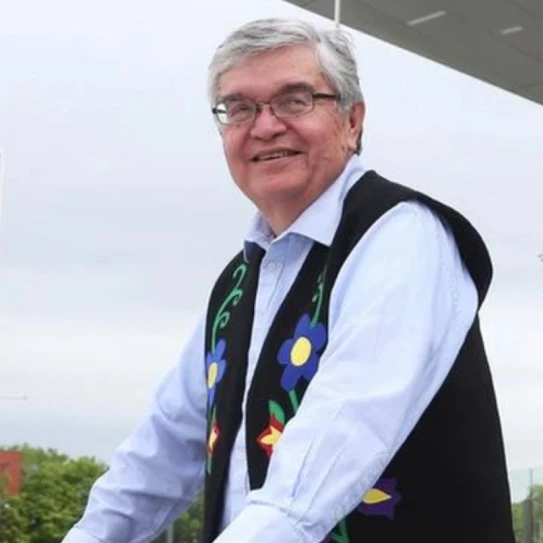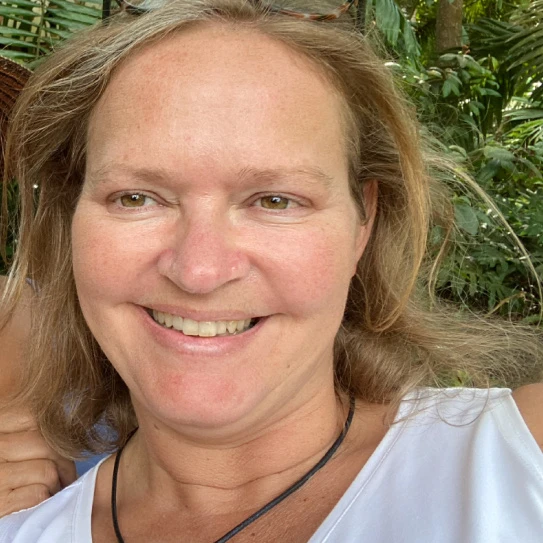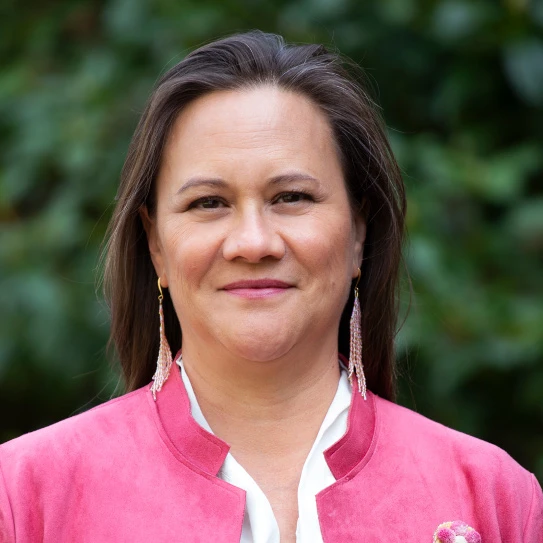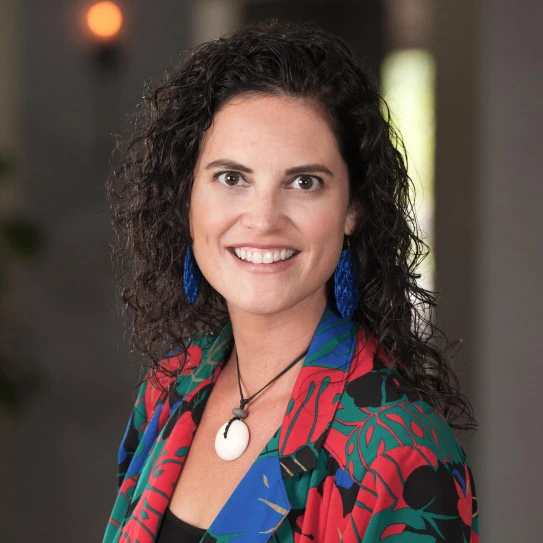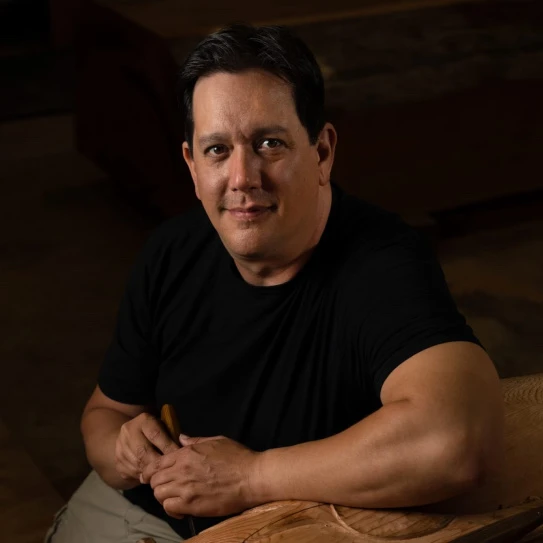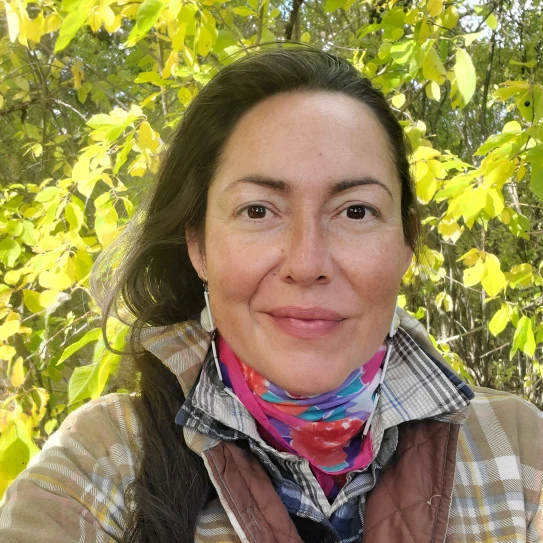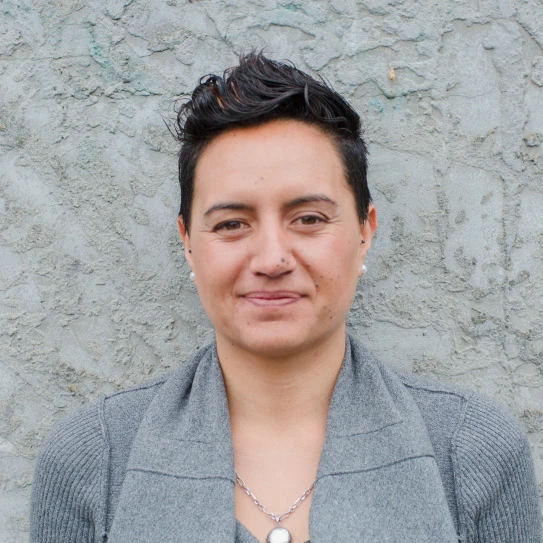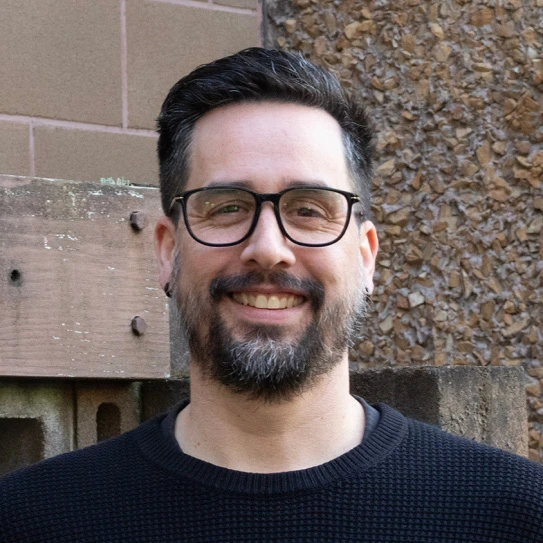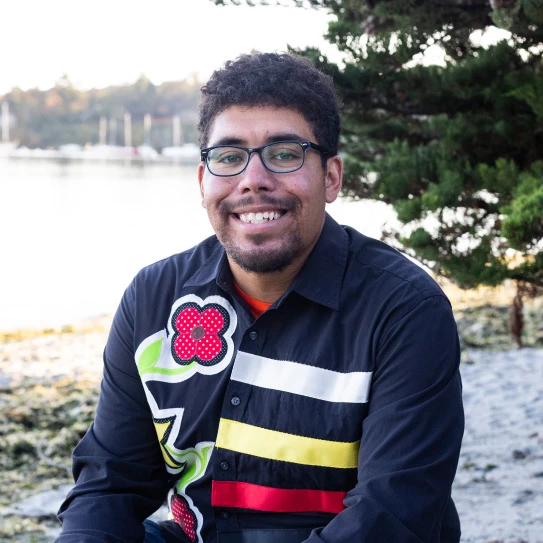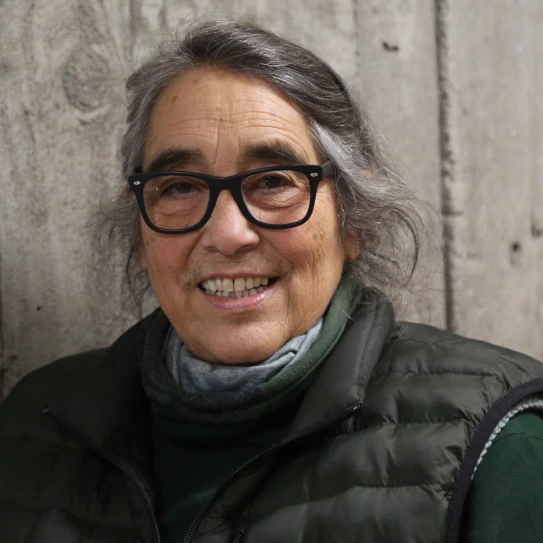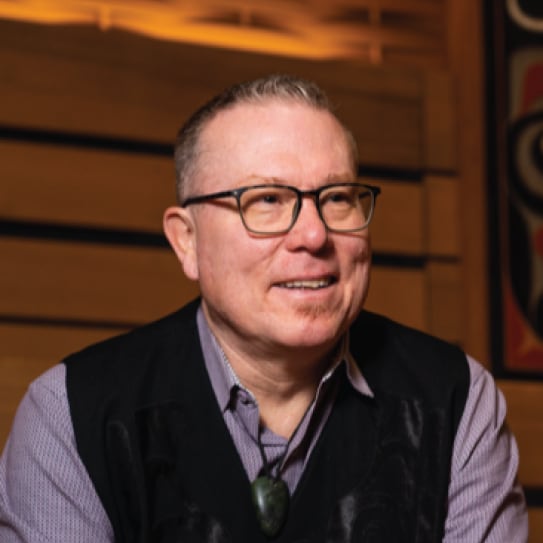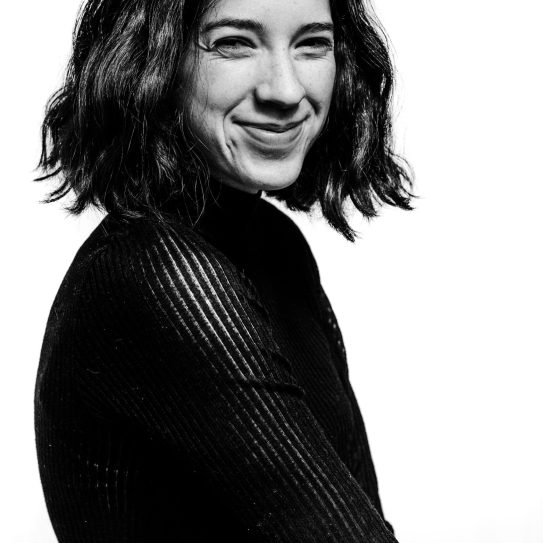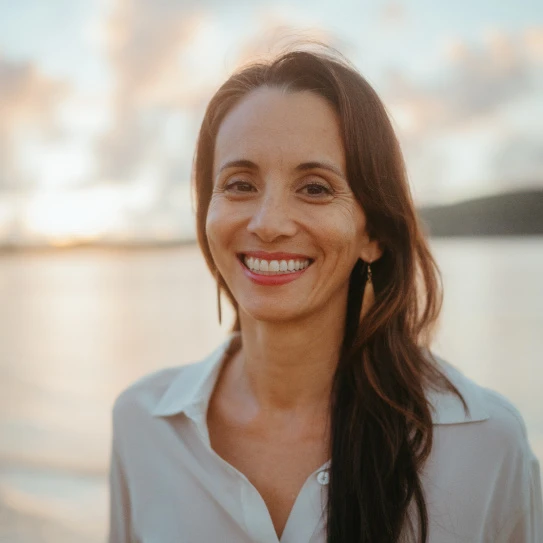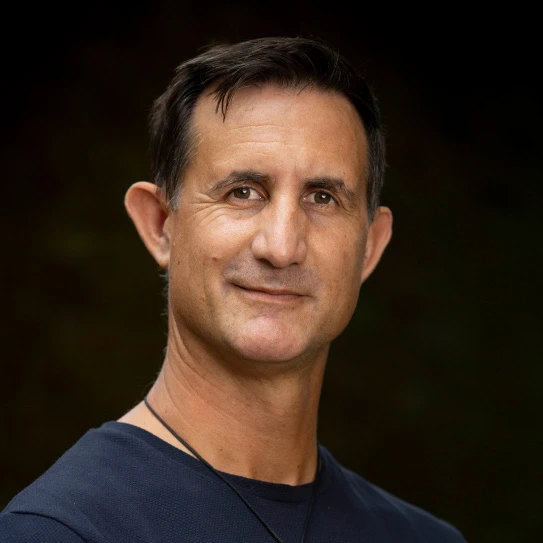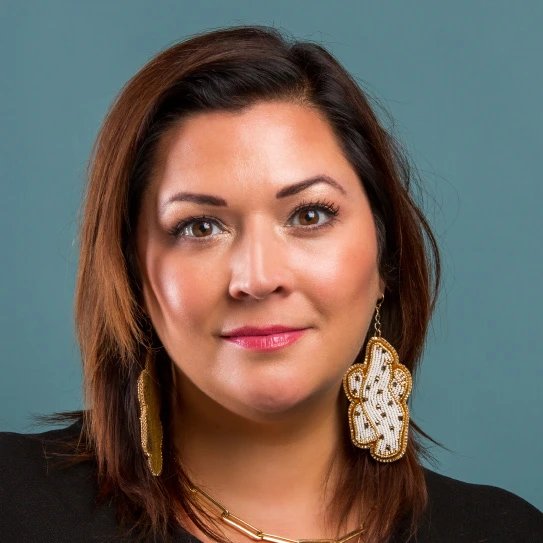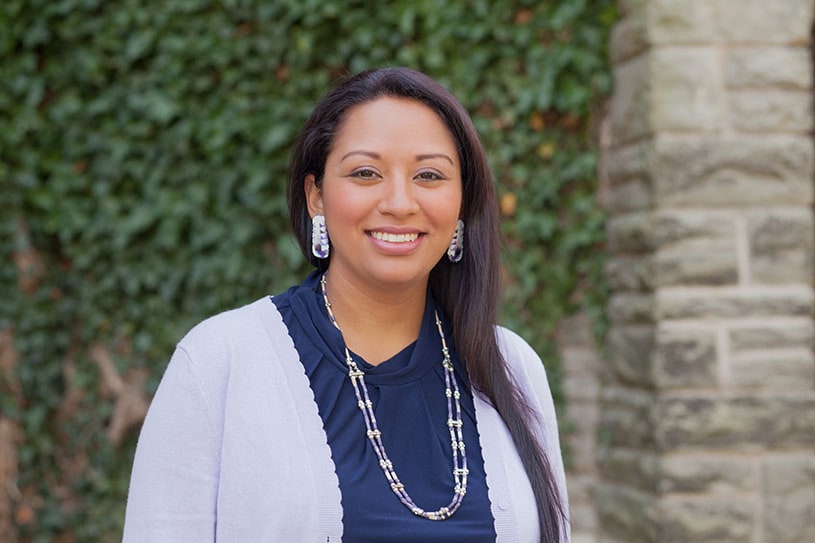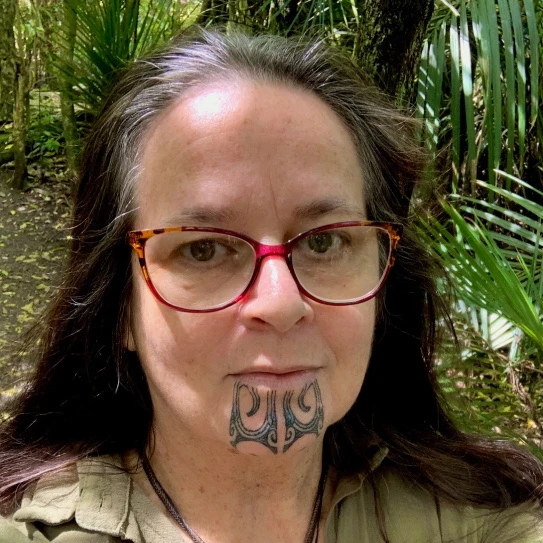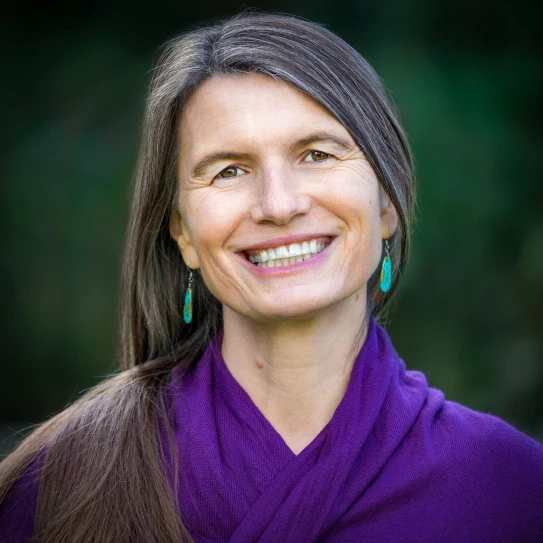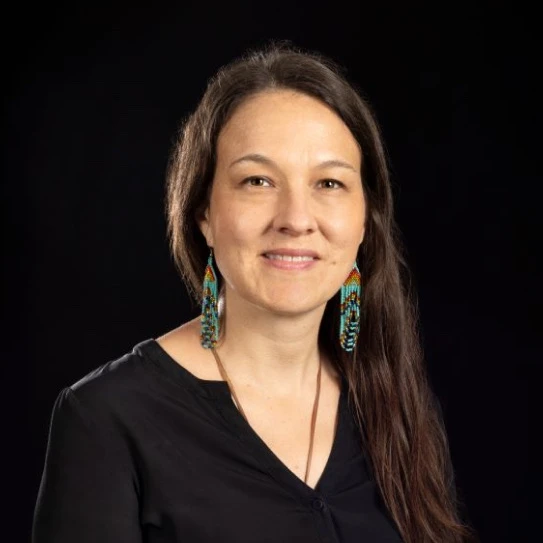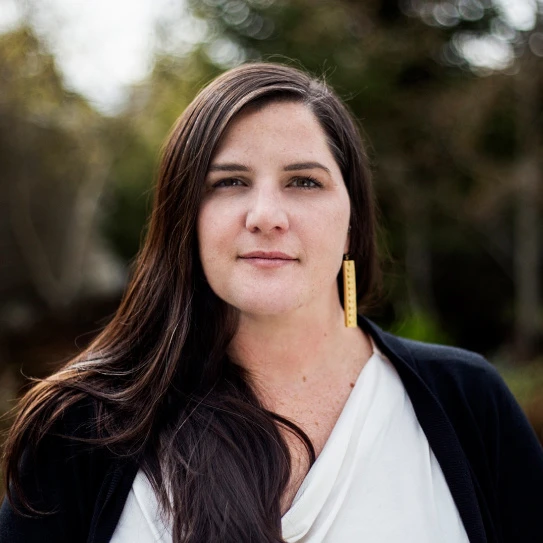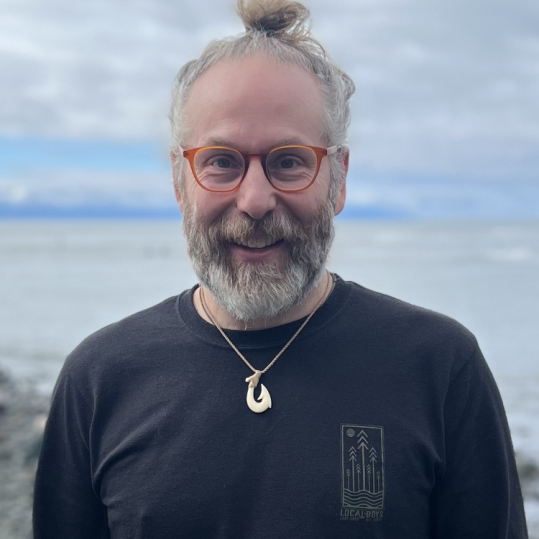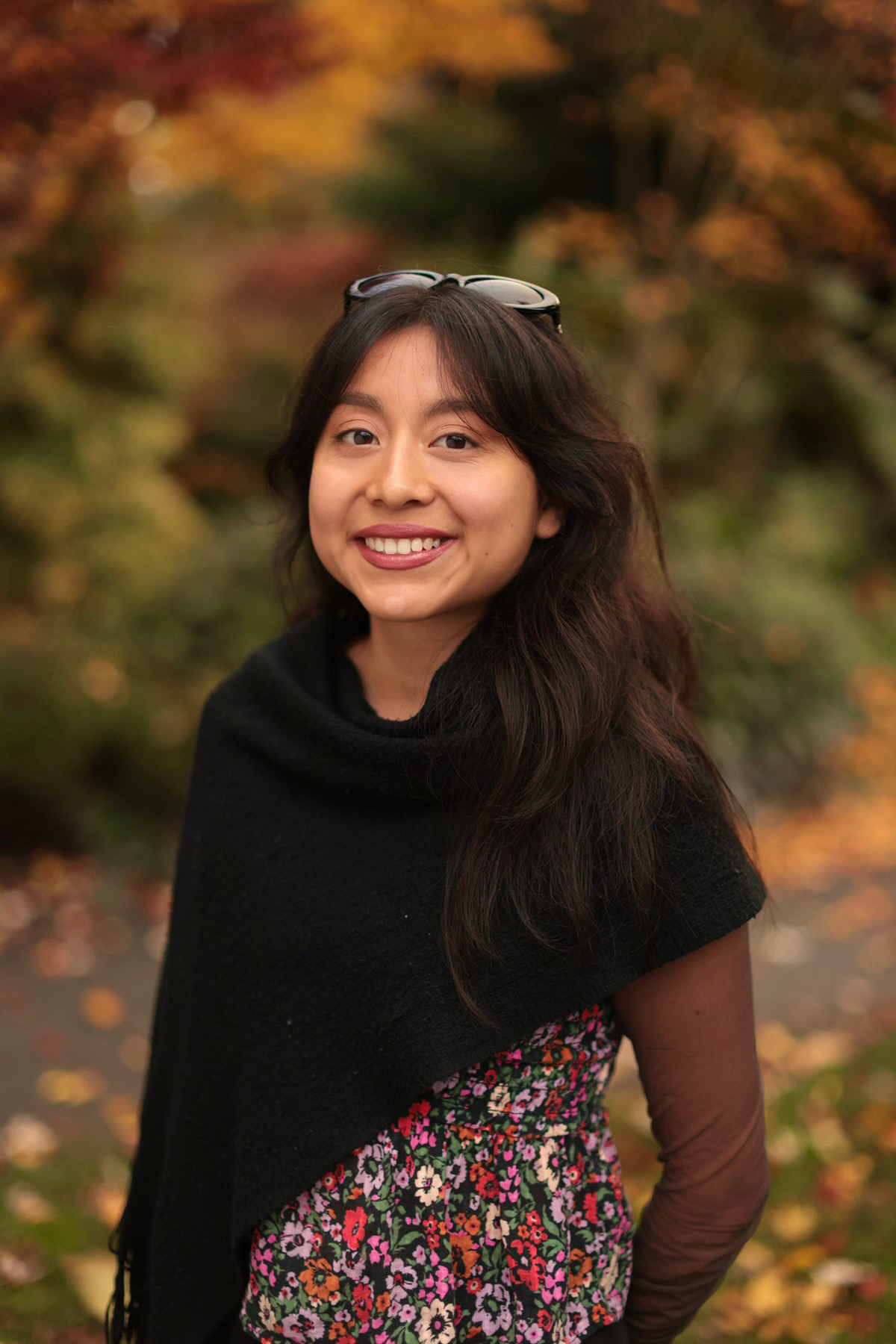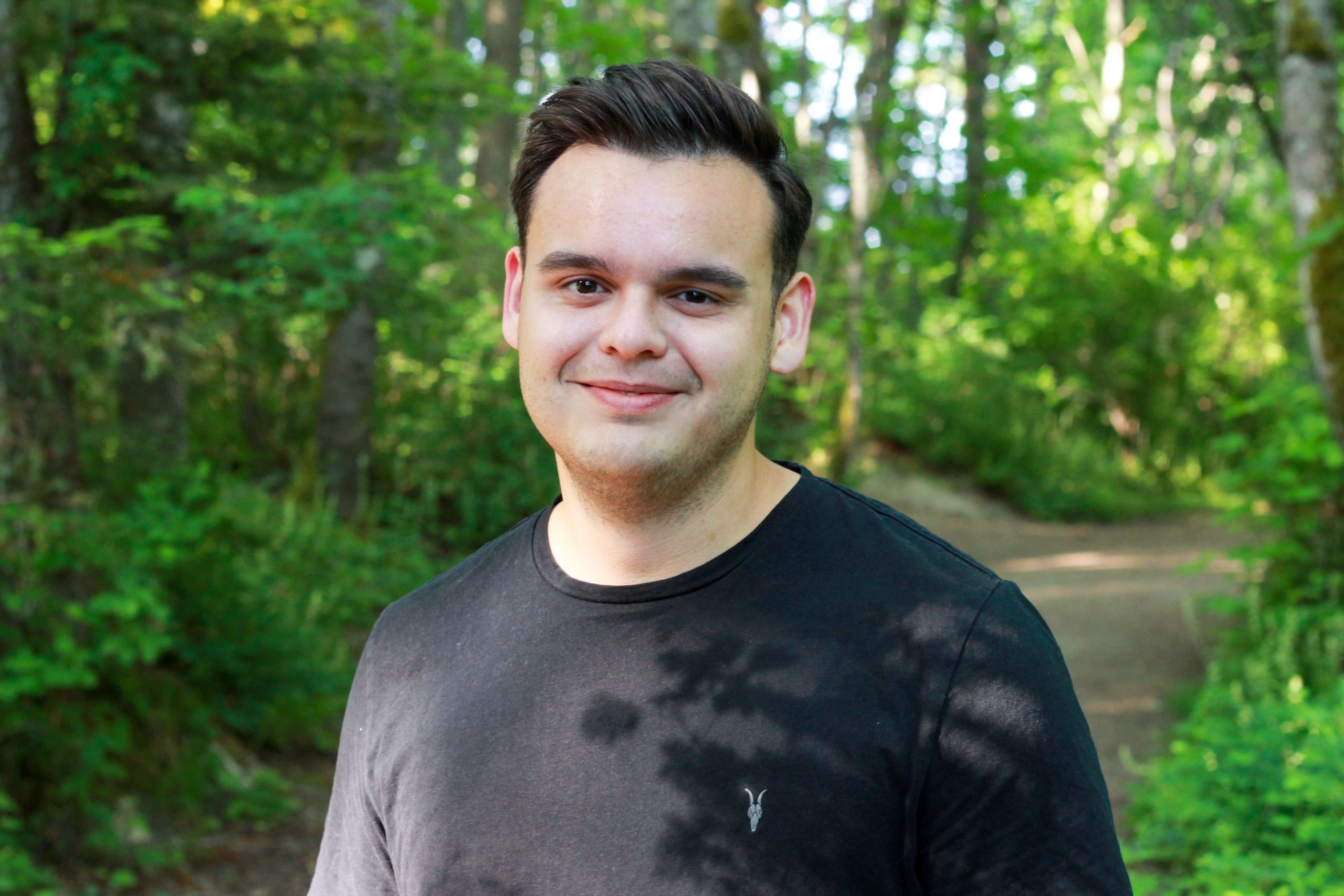Podcast: Play in new window | Download
Carey Newman joins Heather for this episode to chat with ḥapinyuuk (Tommy Happynook). Tommy is čačaac̓iiʕasʔatḥ from huuʕiiʔatḥ (Huu-ay-aht First Nations). He is both ḥaw̓iiḥ (a hereditary chief) and a researcher with the Archipelagoes project. In chatting with Tommy, we learn how he prioritizes community responsibilities and in doing so how it is beneficial to his work as a researcher at the University of Victoria, instead of at odds with it. It is this balance of community member and researcher that is so rare and yet so needed.
We hear, through story, how Tommy’s work intersects with the Seedling Project, which focuses on planting western red cedar seedlings on Vancouver Island. Where red cedar trees take around 600 years to mature, the project envisions future generations and how they may interact with planetary health. This episode reminds us that our actions are not stuck in the calendar day in front of us, and we can use reciprocal practices, like the seedling project, to look forward with hopefulness. In Tommy’s words, the project “is a generational act of reclamation, revitalization, and resurgence.”
Finally, we get to hear about the magic and importance of taking the time to slow down and listen in a world where busy schedules and the written word are prioritized. When we slow our pace, ancestors have a much easier time speaking, and we have a much easier time listening.
Dr. Tommy Happynook is nuučaan̓ułatḥ from Huu-ay-aht First Nations, from the house of čaačaaciiʔasatḥ. He is also an assistant professor at the University of Victoria. His work focuses on reclaiming nuučaan̓ułatḥ knowledge, teachings, language, culture, and identity throughout his family’s ḥaḥuułi (traditional territory). In his research, Tommy views the land, the natural world, the spirit world, not as objects of inquiry, but as non-human knowledge holders and teachers.
This podcast is created by the Impact Chair in Transformative Governance for Planetary Health at the University of Victoria, with production support from Cited Media. We receive additional support from the Canadian Institutes of Health Research You can find us at https://indigenousplanetaryhealth.ca/
